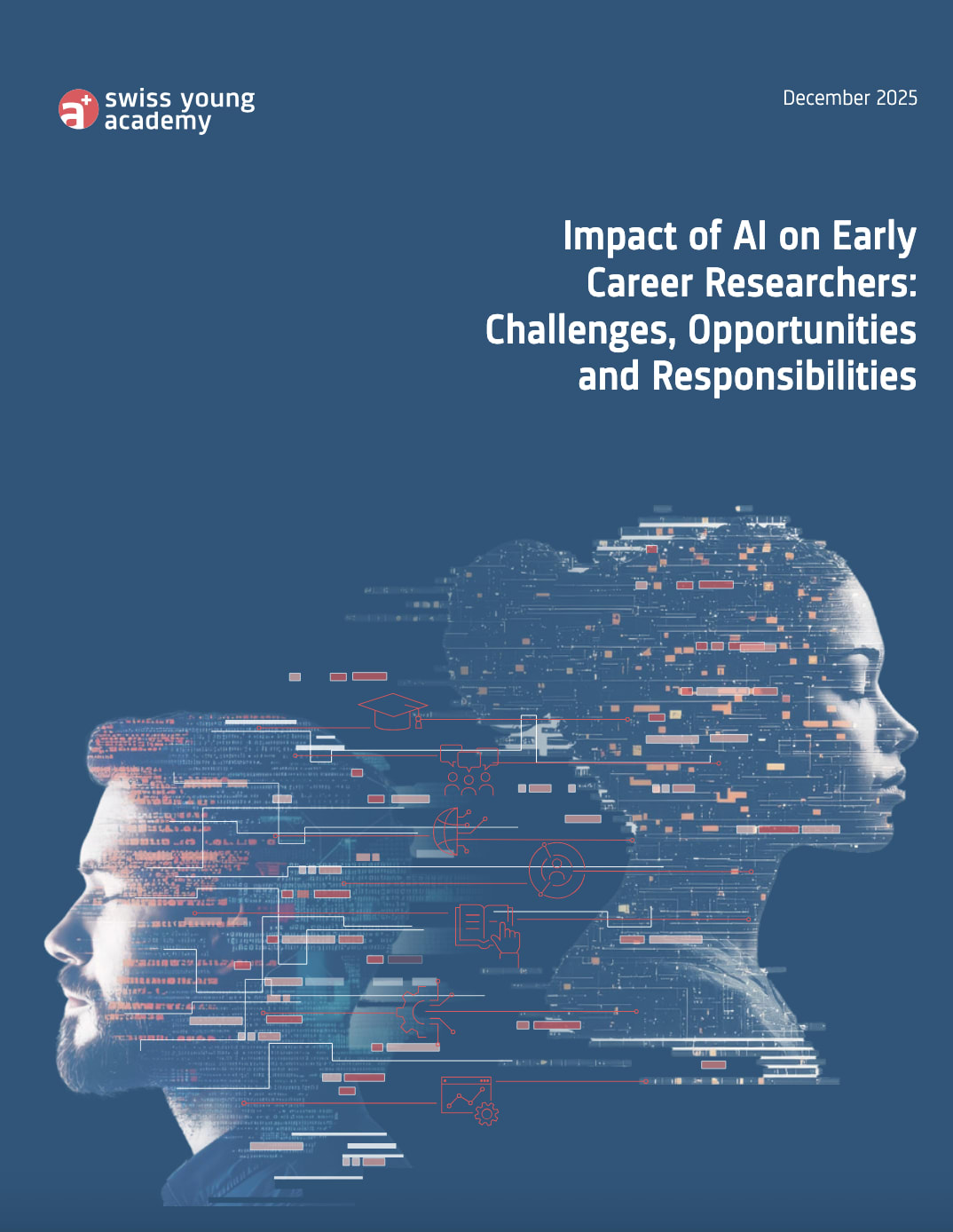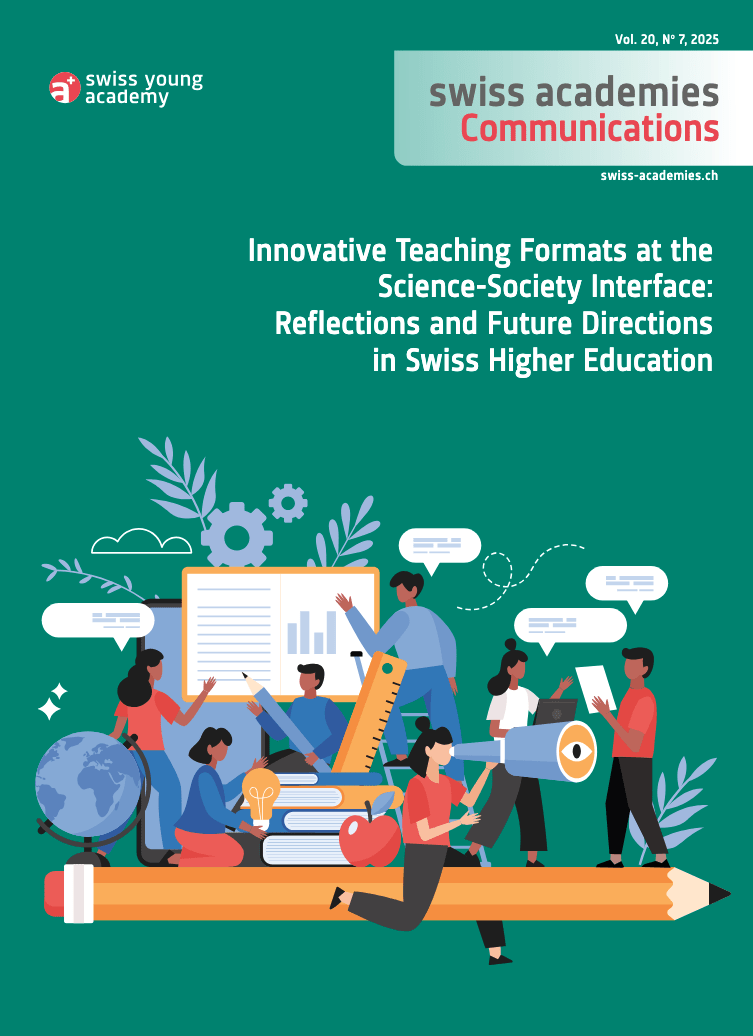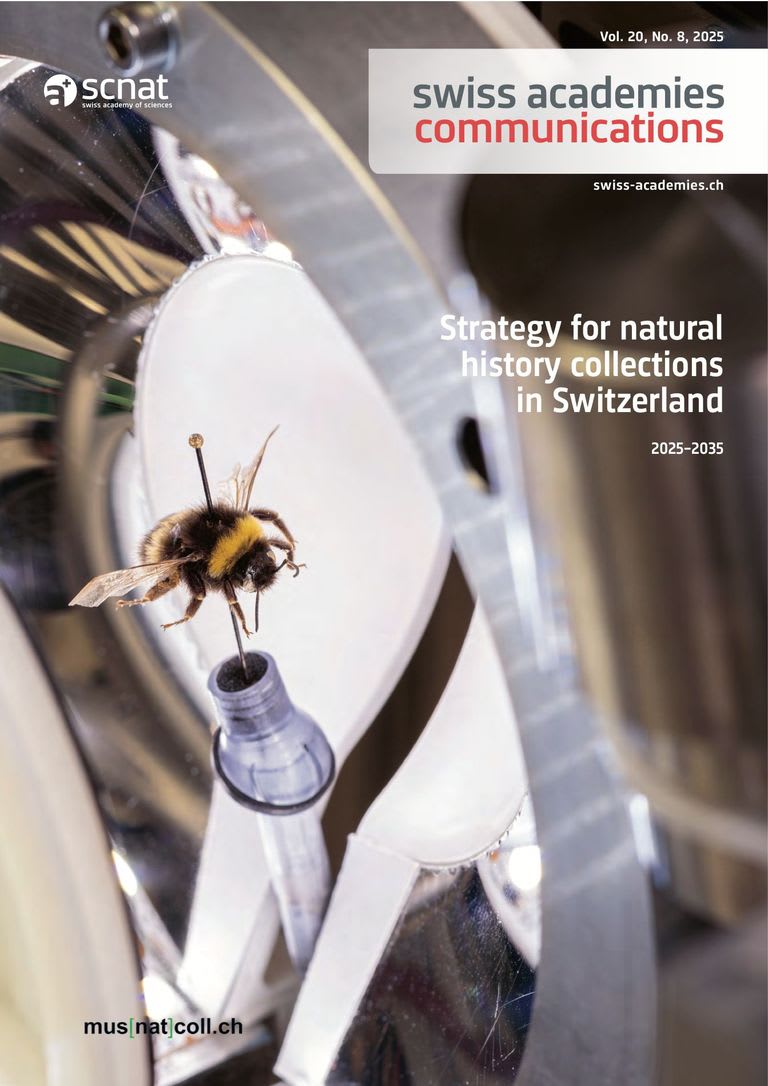Swiss Academies of Arts and Sciences
Early learning opportunities for shaping a scientifically literate society
To equip upcoming generations with the requisite knowledge, skills and values to become informed, critical, responsible and ethically conscious participants in a scientifically literate society, this new European academies’ statement advocates to strengthen science education curricula from primary level.
Now more than ever, society’s welfare, progress and perhaps even survival, needs scientifically literate citizens. As science and technology become increasingly interwoven with our daily lives and bring up ethical dilemmas, it is critical for upcoming generations to know how to recognise and answer them. ALLEA, the Federation of European Academies of Sciences and Humanities, argues that science education from primary play a key role in equipping all young learners with the skillsets and values to successfully navigate these challenges.




